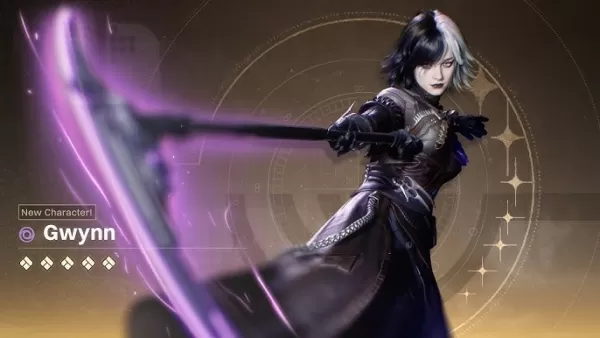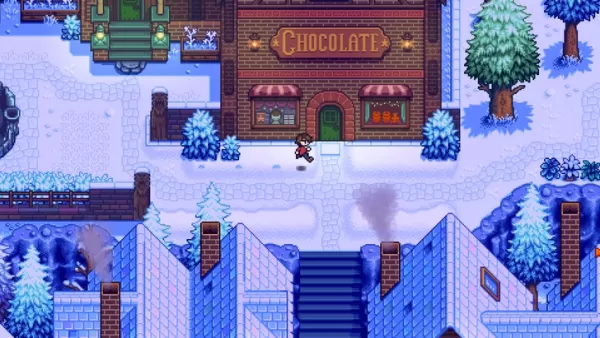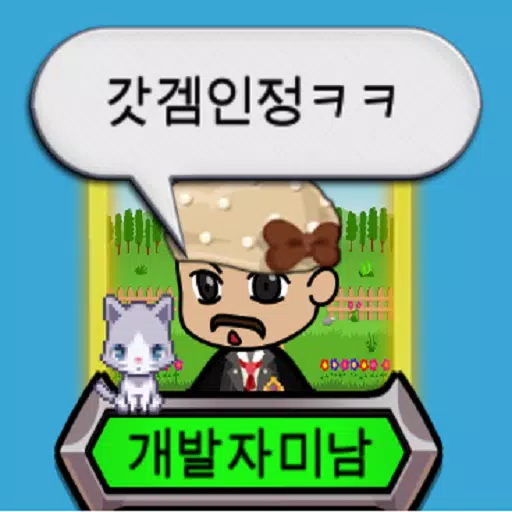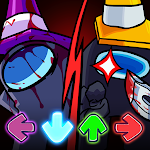Hideo Kojima's Japanese radio podcast, KOJI10, offers fans a fascinating glimpse into the mind behind iconic games like Metal Gear Solid and Death Stranding. In the latest episode (Episode 17), Kojima delves into the innovative use of real-world time mechanics in video games. He not only reflects on time-based elements he has successfully integrated into his past titles but also shares intriguing concepts he hasn't yet implemented, including an idea that was cut from the highly anticipated Death Stranding 2: On The Beach.
Kojima is well-known for his innovative use of real-time mechanics, leveraging the internal clock of players' consoles or PCs to enhance gameplay. He begins by discussing two notable examples from 2004's Metal Gear Solid 3: Snake Eater on the PS2. To heighten the realism of jungle survival, the game featured perishable food that would spoil after a few days in real time. Consuming rotten food could result in severe illness for Snake, or players could ingeniously use it as a weapon by throwing it at unsuspecting enemy soldiers.
Death Stranding 2 Cast
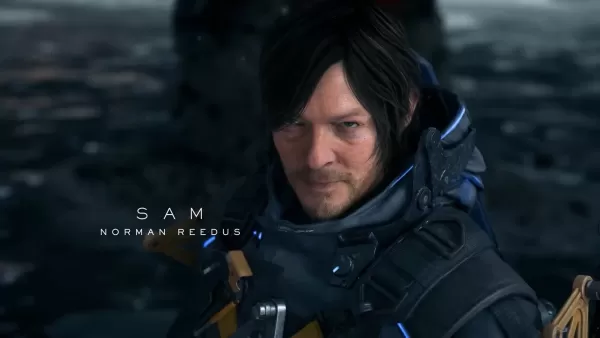
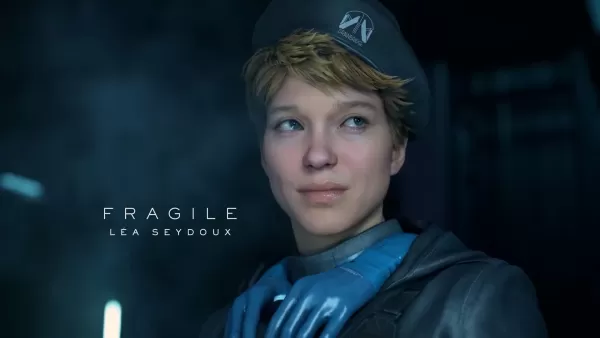 View 14 Images
View 14 Images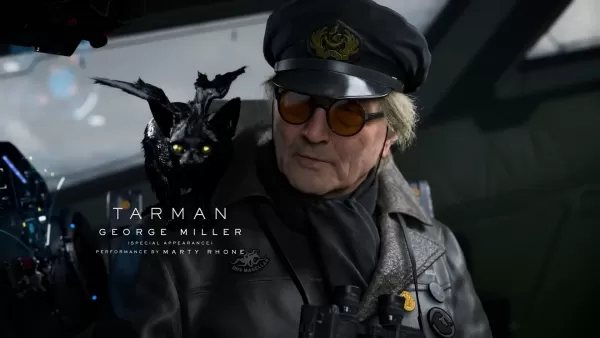
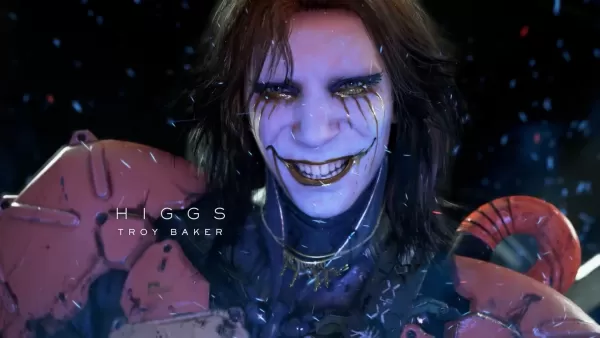
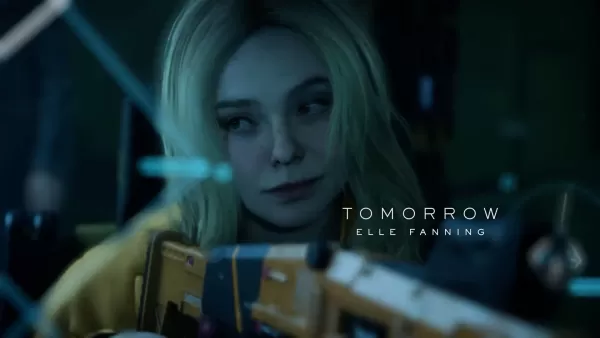
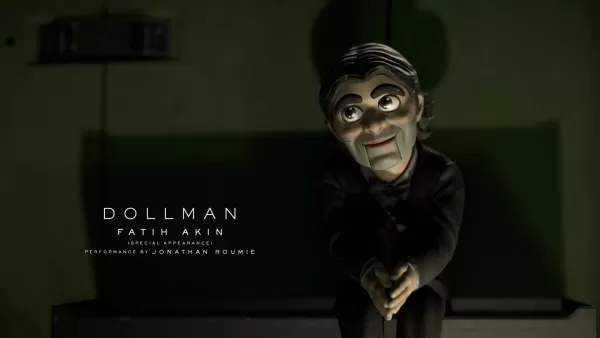
Another example from MGS3 is the cat-and-mouse battle with the elderly sniper, The End. Kojima recalls, "Although he is a really tough boss, if the player waits a week, The End will die of old age." Players who save and return to the game after a week are greeted with a cutscene showing Snake discovering The End's demise.
In the podcast, Kojima reveals a concept he considered for Death Stranding 2, where the protagonist Sam's beard would grow over time, requiring players to shave it to keep him looking neat. However, due to actor Norman Reedus's celebrity status, Kojima decided against it to avoid portraying him as unkempt. He remains open to exploring this idea in future projects.
Kojima also introduced three new game concepts centered around the passage of real-world time. The first is a "game of life," where players start as a child and age into adulthood and old age over the course of gameplay. As the character ages, their physical abilities change, impacting strategy against enemies. "But no-one would buy it!" Kojima jests, though his podcast companions express enthusiasm for such a unique gaming experience.
Another proposed game involves nurturing something that matures over time, like wine or cheese, requiring players to engage with it periodically over an extended period. This could function as a background or idle game, appealing to players who enjoy long-term projects.
On the other hand, Kojima's "forgetting game" concept requires quick playthroughs. In this game, the protagonist gradually forgets crucial information and skills if the player takes long breaks. This forgetfulness escalates until the character can no longer move, prompting players to dedicate a week off work or school to complete it, as Kojima humorously suggests.
As fans eagerly await the release of Death Stranding 2 on June 26, many will likely be taking time off to dive into this latest creation. For more insights, check out our interview with Kojima and our impressions after playing through the first 30 hours.


